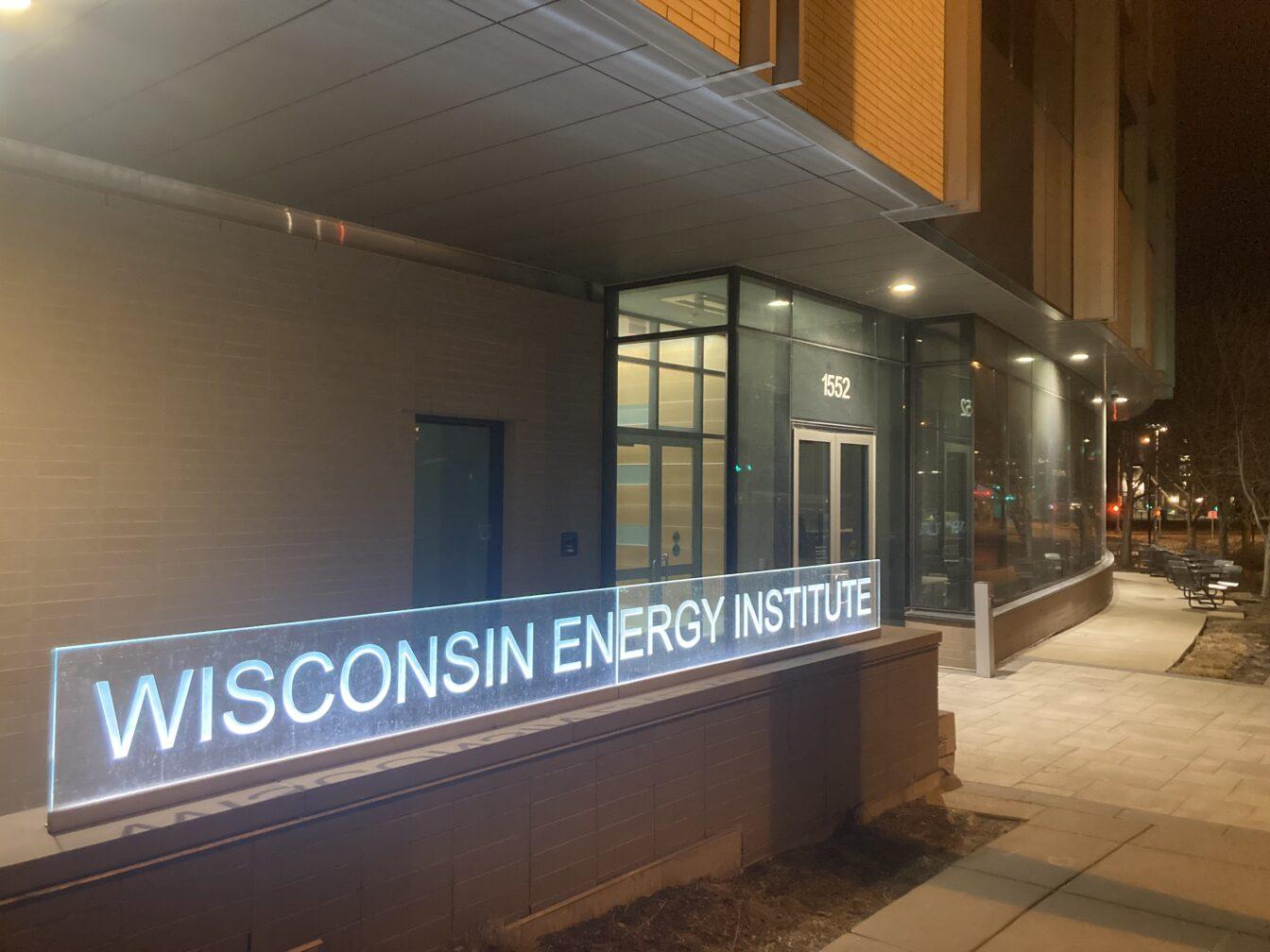In honor of Black history month, the Wisconsin Energy Institute hosted a virtual panel discussion titled “Black Leaders in Clean Energy” Tuesday. The talk highlighted the stories of Black leaders in clean energy throughout the Midwest to encourage more representation of Black voices in the clean energy transition, according to research and education coordinator Scott Williams.
The panel consisted of former Lieutenant Governor Mandela Barnes, Indian Hills Community College electrical and renewable energy technology professor Jp Jones, Slipstream president Sandra Henry and UW food science assistant professor Victor Ujor.
The panel was moderated by FUSE Corp executive fellow on climate and energy Deneine Christa Powell. Powell is currently working to engage the Milwaukee city and county on a climate and equity plan.
To start off the conversation, each panel member shared how they became involved in the clean energy movement.
The panelists also discussed the definition of environmental justice. Henry said environmental justice means having confidence the environment is safe and productive, while also respecting cultural and biological diversity.
“I feel very strongly that we must get the resources to the communities that need it and put it directly into their hands,” Henry said.
Barnes said including equity into the entire policy-making process is central to environmental justice.
The panelists offered a wide range of solutions for communities to address climate change. Jones said outreach initiatives should encourage people to make changes that will benefit the environment and eventually make those new changes the status quo. Ujor said education outside the classroom is important and should focus on the facts surrounding climate change.
The panelists discussed different structural changes to the predominantly white environmental organizations can make to support BIPOC individuals in environmental leadership roles. Jones said it’s important to recognize structural changes involve more than just inviting different communities to the table. BIPOC communities will likely have very different experiences and perspectives.
“We cannot just be invited to the table to say something and then [be] passively or actively dismissed or not paid attention to,” Jones said. “That is not going to work.”
Barnes said it’s important for organizations to show up and branch out. While he is from Milwaukee, Barnes does a lot of work in rural policy, which requires him to leave his comfort zone and get to know the people and culture of rural areas.
There can’t be any structural change without a more inclusive and equitable cultural change in the existing predominantly white environmental organizations, Henry said. Not only should BIPOC organizations show up at white organizations, but white environmental organizations should also show up for the BIPOC community.
“Really passing the mic and amplifying the voices of the Indigenous, Black and brown organizations that typically have not been at the table,” Henry said. “Let them speak, given them the podium … and let them tell their stories.”


